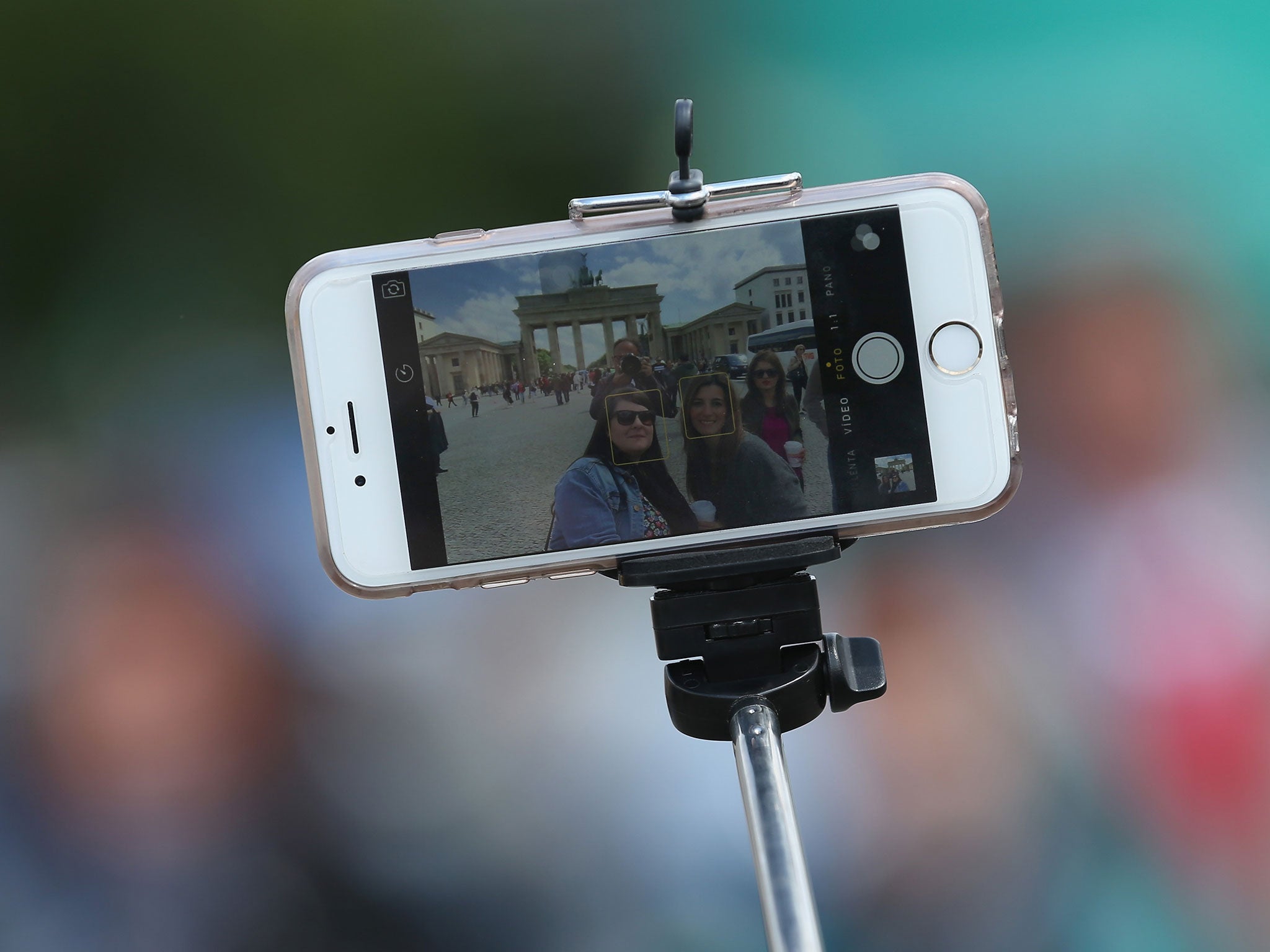Could you be a social media narcissist?
The explosion of social media has given us all a quick and easy means to seek online approval and an admiration fix

Donald Trump and Kanye West may be clear-cut examples of what springs to mind when we consider the term ‘narcissist’, with their courted and crafted controversies and image-conscious personal marketing. But, while we judge from a distance, we should also be looking closer to home.
The explosion of social media in recent years has given every one of us a quick and easy means to seek approval online and an admiration fix.
We don’t have to be famous to feel and believe that we are popular, beautiful, intelligent, visionary or other.
The ‘friends and followers’ culture of Facebook, Instragram and Twitter can take care of that for us. In the click of a button, we can feel a tad happier and a bit more important. What’s the harm?
In his video, Six Ways to Tell If You’re a Narcissist, Gregory Brown of Asap Thought, says that, when it comes to posting online, what matters is the motive.
And, if the motive is unhealthy, it can unleash a dependence which feeds itself, one which needs to eat more and more.
“Spotting a narcissist online might be a bit tricky but there does seem to be some trends,” he says.
“Narcissists are known to post a lot more on social media such as Facebook, Twitter, Snapchat, but you don’t necessarily have to be a narcissist to post a lot.
“The difference lies in the motives for posting.”
A healthy level of narcissism – the basis of confidence and self-esteem – is normal. It enables us to be aware of ourselves, perceive accurately our strengths and weaknesses, and allows us to form meaningful relationships by relating to others.
It is when a person’s narcissistic tendencies become unhealthy that it can become a problem for them and those around them.
Where it takes the form of a pathological disorder, it is often very difficult for such people to employ the self-reflection required for improvement.
Narcissus, the Greek hunter from whose myth the term springs, naturally provides the best case in point.
A beautiful man, known for his extreme beauty and pride, Narcissus was loved by many, but only had contempt for those devoted to him.
As punishment, Nemesis lured Narcissus to a pool of water, where he became transfixed with the beautiful reflection that met his gaze.
Unable to tear himself away from his own beauty, Narcissus is said to have lost the will to live when he realised the reflection could not return his love.
He died staring at the beauty that could never make him happy.
Narcissistic Personality Test
Click here to take this test, which takes 5-10 minutes to complete.
It consists of 40 pairs of statements, where the statement which best reflects your personality must be selected. The pairs of statements include:
- I really like to be the centre of attention, OR It makes me uncomfortable to be the centre of attention
- I like to have authority over other people, OR I don’t mind following orders
- Compliments embarrass me, OR I like to be complimented
- People sometimes believe what I tell them, OR I can make anybody believe anything I want them to
Too much narcissism can lead to an inflated ego, grandiose sense of self, a lack of empathy, and being highly reactive to criticism.
Such personalities require excessive compliments and admiration to feel good about themselves.
So is social media helping to tip the balance – providing a platform to replace healthy with unhealthy narcissism, and equating self-esteem with selfies?
Clearly, not all those engaging with these platforms are fully-fledged narcissists, exhibiting its unhealthy traits, or posting online for these purposes.
But these networks do have the potential to blur the motives attached to social engagement, self-promotion, and self-esteem.
‘Coming clean’ to her many online followers in November, 18-year-old Essena O-Neill admitted that projecting her ‘perfect’ life through social media had made her miserable.
“I was addicted to what others thought of me, simply because it was so readily available,” she said.
“I believed how many likes and followers I had correlated to how many people liked me. Social media had become my sole identity.
“I didn’t even know what I was without it.”
The way we use these mediums is telling of our characters. We just need to have the non-unhealthy narcissistic awareness required to see this.
Subscribe to Independent Premium to bookmark this article
Want to bookmark your favourite articles and stories to read or reference later? Start your Independent Premium subscription today.

Join our commenting forum
Join thought-provoking conversations, follow other Independent readers and see their replies